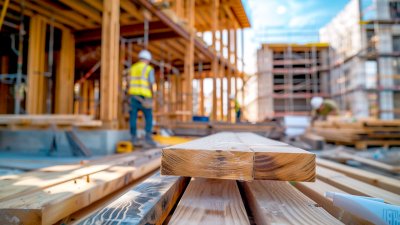A loft conversion is an attractive way to create additional living space and increase property value. However, not every roof is equally suitable and the costs can vary considerably depending on the scope of the work. Owners should therefore carefully check whether the investment is worthwhile.
Check building law requirements
Before the initial planning begins, it must be clarified whether the extension is legally permissible. Planning permission is often required, especially if the extension involves a change of use or structural interventions such as dormers or roof terraces are planned. The statics should also be checked to avoid any nasty surprises later on.
Technical requirements and energy standards
Modern extensions must meet today's energy standards. Good roof insulation and new windows are essential to keep energy consumption low. The installation of modern heating or cooling systems may also be necessary. Those who invest in energy-efficient measures will benefit from lower operating costs and possible subsidies in the long term.
Value appreciation potential
A high-quality loft conversion can significantly increase the value of a property. Especially in urban locations where living space is scarce, attractive sales prices or rental income can be achieved. At the same time, the usable space increases, which is an important criterion in property valuation.
Conclusion
A loft conversion can be a worthwhile investment if the structural conditions are right and the cost-benefit calculation works out. Owners should find out about legal and technical requirements at an early stage and have the conversion professionally planned in order to achieve the greatest possible added value.
© immonewsfeed




